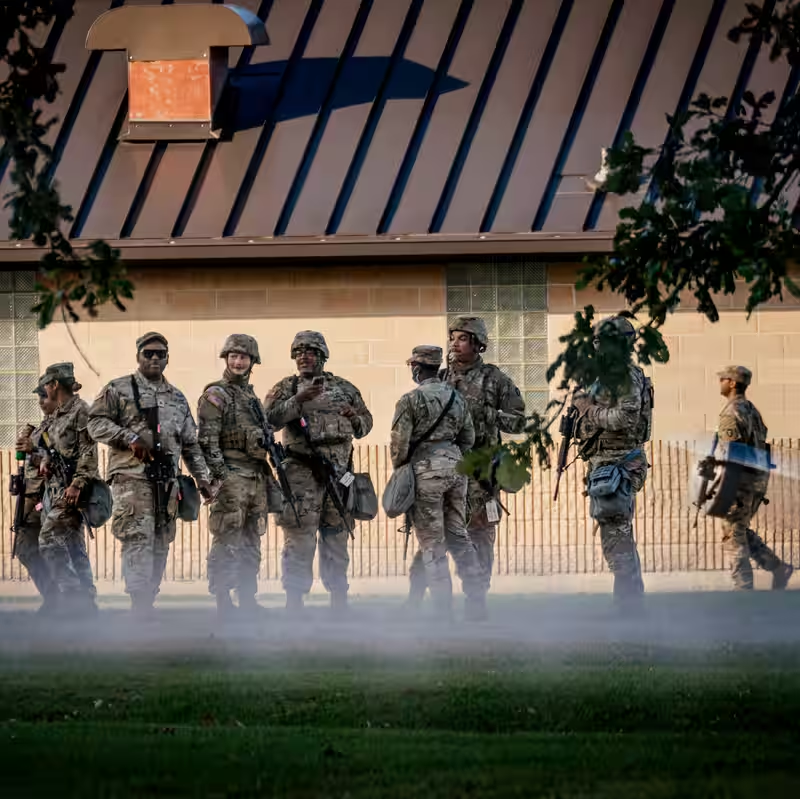Table of Contents
- Judge Halts Troop Deployment Over Legal Concerns
- What Was the Trump Administration’s Argument?
- Illinois Governor Pushes Back Hard
- Insurrection Act and Federal Overreach: A Tense Balance
- What Happens Next? Appeal Likely
- Sources
National Guard Deployment Blocked in Federal Court
In a sharp legal rebuke to the Trump administration, U.S. District Judge April M. Perry has issued a temporary injunction blocking the deployment of federal National Guard troops to the Chicago area. The ruling, handed down on October 9, 2025, found that the White House failed to demonstrate a clear legal basis for sending in military personnel over the explicit objections of Illinois Governor J.B. Pritzker.
“The administration has not established that the extraordinary step of federal military intervention—against the will of a state’s duly elected leadership—is justified under current law,” Judge Perry wrote in her 28-page opinion.
What Was the Trump Administration’s Argument?
The Trump administration had cited rising violent crime and alleged “civil unrest” in parts of Cook County as justification for activating National Guard units under the Insurrection Act of 1807—a rarely used statute that allows the president to deploy troops domestically without state consent.
However, court filings revealed that federal officials provided no specific evidence of imminent insurrection, coordinated violence, or breakdown of local law enforcement. Instead, they pointed to general crime statistics and social media posts—data Judge Perry called “conclusory and insufficient.”
Illinois Governor Pushes Back Hard
“This was never about public safety—it was about political theater,” Governor Pritzker said in a press conference following the ruling. “Chicago has its challenges, like every major American city, but we do not need federal troops parachuting in to solve problems our local police and community leaders are already addressing.”
Pritzker’s legal team argued that the deployment violated the Tenth Amendment, which reserves police powers to the states unless Congress or the Constitution explicitly authorizes federal action.
Insurrection Act and Federal Overreach: A Tense Balance
The National Guard is typically under state control unless “federalized” by the president. While past presidents—from Eisenhower to George H.W. Bush—have invoked the Insurrection Act during genuine crises (e.g., school desegregation in Little Rock, 1957), legal scholars warn against its casual use.
“The Act is a nuclear option, not a scalpel,” said Professor Laura Fernández of Northwestern University Law School. “Using it based on generalized crime data sets a dangerous precedent for executive power.”
What Happens Next? Appeal Likely
The Department of Justice has signaled it will appeal Judge Perry’s injunction to the Seventh Circuit Court of Appeals. In the meantime, no federal troops will be deployed to the Chicago area.
Civil liberties groups, including the ACLU of Illinois, have praised the ruling as a defense of federalism and democratic norms. “You can’t just send soldiers into American cities because you disagree with a governor’s policing strategy,” said ACLU legal director Alan Mills.




